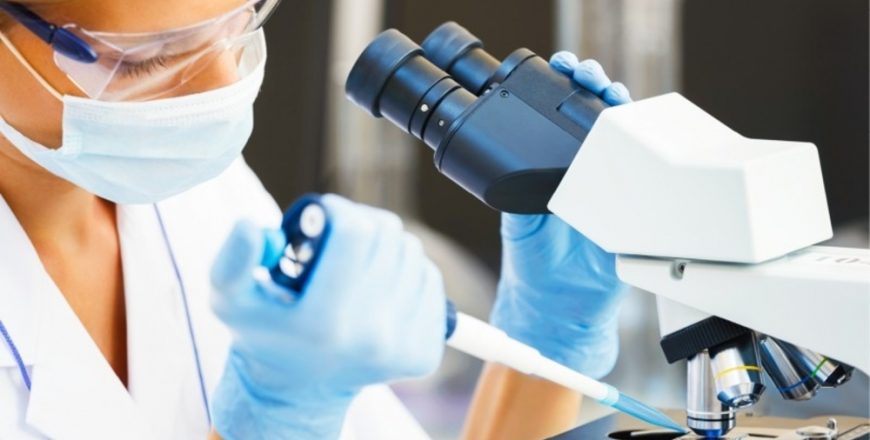
On a technician scientist apprenticeship course, you’ll help carry out established laboratory-based investigations and essential scientific experimentation using bench and instrumentation techniques.
As an apprentice, you will learn to use various ordinary skills and some advanced and specialised skills while adhering to well-established principles related to your organisation’s science and technology, which could be chemical, pharmaceutical, biotechnology, formulated products, or analytical services.
While conducting regular lines of inquiry, development, or research, you will be accountable for the quality of your work. In addition, because you’ll be required to oversee the quality and safety of scientific items, you’ll learn to work safely and ethically, usually in highly regulated environments.
You’ll learn to critically evaluate the effectiveness of commonly used ways for dealing with everyday issues, as well as how to apply a range of approaches to provide evidence-based solutions to specific and common obstacles and difficulties in your profession. You will also contribute to the bigger scientific team’s problem-solving efforts.
What you’ll learn
On a technician scientist apprenticeship course, you’ll learn to:
- Conduct laboratory-based research and basic scientific studies using laboratory-specific scientific methods, procedures, and approaches.
- Comply with workplace quality standards, safe working practices, environmental management systems, and risk management systems.
- Explain the essential concepts of scientific principles that apply to laboratory-based procedures and scientific investigations based on the literature.
- Contribute to developing new processes and methods as part of a bigger team and aid in their implementation.
- Work independently to create and analyse scientific data and effectively and concisely communicate the results of laboratory work and problem-solving in written and oral form.
- Use computer-based data analysis tools like spreadsheets and business software programmes.
- Organise and prioritise personal tasks as part of a broader project team, and monitor and assess progress against objectives and project plans.
- Contribute to creating appropriate processes, upgrades, or scientific solutions to meet the demands of internal or external customers.
- Contribute to the continuous improvement of performance in a scientific and technical context.
Entry requirements
You’ll usually need:
- Five GCSEs, including English, maths and a science subject, and relevant level 3 qualifications. Other relevant or prior experience may also be considered as an alternative.
- Apprentices without level 2 English and maths will need to achieve this level before taking the end-point assessment.
Assessment methods
The End Point Assessment consists of two distinct assessment methods:
- Workplace problem-solving project report with presentation & discussion to an EPA panel.
- Vocational competence discussion (VCD)
Duration, level, subjects and potential salary upon completion
- Duration: 36 months
-
Level: 5 – Higher Apprenticeship
- Relevant school subjects: Science
- Potential salary upon completion: £20,000 per annum
Apprenticeship standard
More information about the Level 5 Technician Scientist Apprenticeship standard can be found here.
Apprenticeship end point assessment
For more information about the End Point Assessment Process, please read the Institute of Apprenticeships’ information page.
